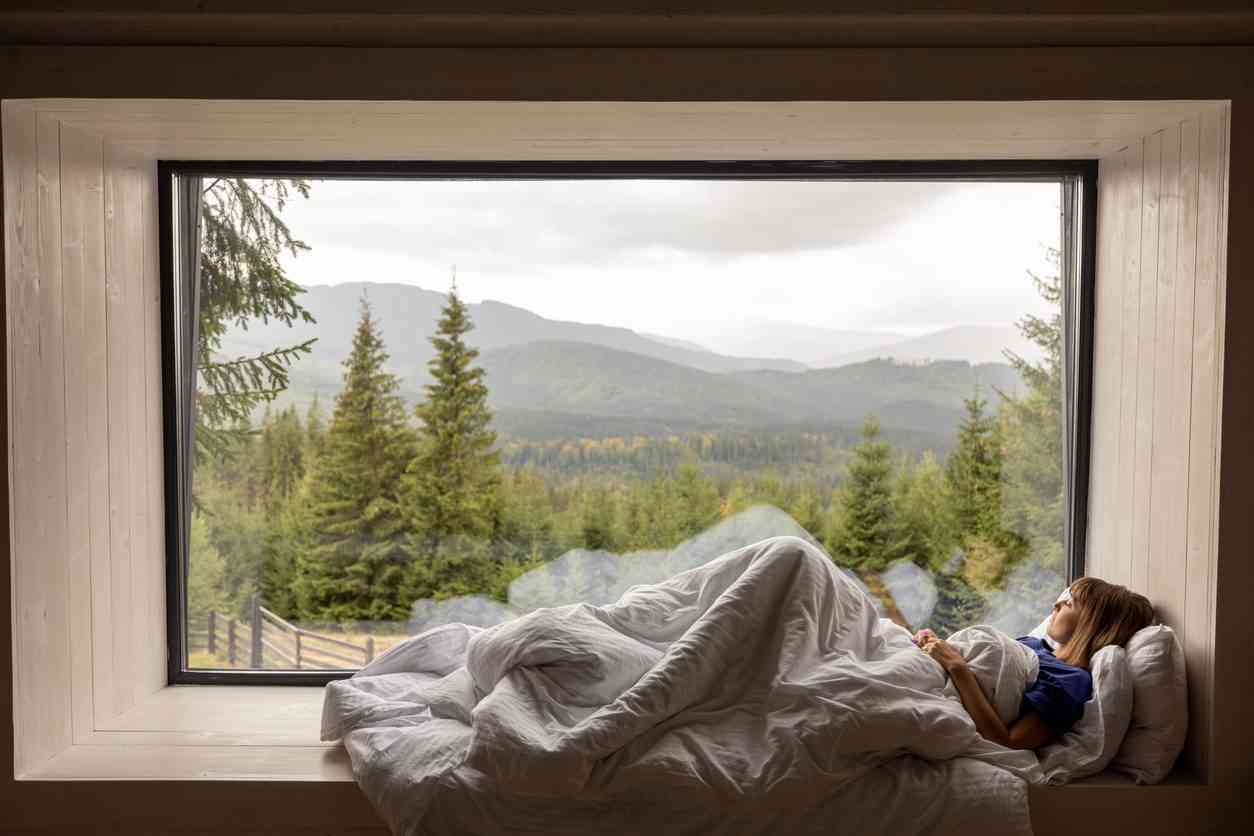In a fast-paced world where burnout is increasingly common, a new travel trend is emerging—sleep tourism. Far from the adrenaline-filled itineraries or sightseeing marathons, this form of tourism offers something more essential: rest. From high-end sleep suites to soundproofed hotel rooms and personalized sleep therapy, the global hospitality industry is reshaping travel to prioritize quality rest and recovery.
As travelers become more health-conscious and prioritize wellness over indulgence, sleep tourism is gaining recognition as a legitimate—and lucrative—sector. More than just a passing trend, it reflects the growing intersection between health, lifestyle, and travel.
What Is Sleep Tourism?
Sleep tourism is a travel trend focused on improving sleep quality during vacations. Rather than spending holidays rushing through tourist attractions, travelers book getaways with the goal of improving their sleep. This can involve destinations that offer sleep-inducing amenities such as blackout curtains, circadian lighting, smart mattresses, meditation classes, or even sleep-focused retreats.
The concept began gaining traction post-pandemic, as more people became aware of the importance of mental and physical health. According to a 2024 report by the Global Wellness Institute, wellness tourism—including sleep-focused travel—grew by 18% annually, outpacing traditional tourism sectors.
Hotels worldwide are taking note. Renowned brands such as Six Senses, Park Hyatt, and Rosewood now offer specialized packages designed around sleep enhancement. These include guided relaxation sessions, customized pillow menus, aromatherapy treatments, and access to sleep consultants.
Why Sleep Tourism Matters in 2025
There are several reasons why sleep tourism is booming in 2025:
1. Rise in Burnout and Mental Fatigue
In Indonesia and across the globe, digital fatigue and work-from-anywhere culture have blurred the boundaries between work and rest. With stress levels rising, people are actively seeking ways to reset. Vacations are no longer about doing more—they’re about doing less, intentionally.
Sleep tourism answers this need by creating a space for complete recovery, away from screens and deadlines. Whether it’s a weekend retreat in Bali or a luxurious sleep-focused suite in Singapore, the emphasis is on recharging the mind and body.
2. Technological Innovations in Sleep Enhancement
Advancements in sleep technology are contributing to the appeal. Hotels now integrate smart mattresses that adjust to your body temperature and sleeping position, white noise machines, and sleep tracking apps. These tools not only enhance comfort but also offer tangible feedback, allowing travelers to monitor their progress.
Some high-end destinations even offer polysomnography tests—usually reserved for sleep clinics—to analyze REM cycles and identify sleep disorders, all in a resort setting.
3. Link Between Sleep and Wellness Tourism
Sleep is no longer just a passive activity—it is part of an active wellness lifestyle. Sleep tourism ties in closely with other wellness offerings like spa treatments, mindfulness classes, and clean eating. As travelers pursue holistic well-being, sleep becomes a vital piece of the puzzle.
In Indonesia, destinations like Ubud, Lombok, and Lake Toba are increasingly being marketed as restful retreats, with properties emphasizing quiet surroundings, natural environments, and healing therapies. These align perfectly with the goals of sleep tourism.
Economic Opportunities for the Hospitality Industry
The rise of sleep tourism offers significant potential for the hospitality and travel sectors, particularly in Southeast Asia. With international travelers seeking out restful experiences, hotels and resorts can differentiate themselves by providing sleep-centered packages and facilities.
In 2025, tourism boards in countries like Indonesia and Thailand are beginning to promote sleep tourism as part of broader wellness campaigns. With an abundance of tranquil locations and cultural traditions rooted in harmony and balance, Southeast Asia is well positioned to become a sleep tourism hub.
Hotels that adopt this trend stand to benefit financially as well. A study by Accenture showed that travelers are willing to pay a premium—up to 30% more—for wellness-enhancing travel experiences. Sleep tourism packages, with add-ons like spa access and meditation classes, help increase average room rates and customer satisfaction.
Sleep Tourism and the Changing Definition of Luxury
Traditionally, luxury in travel was defined by excess: gourmet meals, packed schedules, and exotic locales. But in 2025, luxury is being redefined by peace of mind, personal space, and quality sleep.
High-net-worth travelers now value silence, spaciousness, and personalized care over crowded tours or five-star buffets. Sleep tourism fits perfectly into this new paradigm, offering meaningful experiences that prioritize health and introspection.
Even airlines and airports are adapting. Business lounges now include nap pods, noise-cancelling cabins, and melatonin-infused teas to help travelers maintain sleep hygiene even during layovers.
Conclusion: The Future of Travel is Restful
Sleep tourism is more than a passing fad—it’s a cultural shift. As more people prioritize well-being over hustle, the tourism industry must adapt to these evolving needs. From boutique eco-retreats in the Indonesian archipelago to luxury resorts in Europe, destinations that cater to sleep-conscious travelers are tapping into a powerful demand for rest and recovery.
Whether you're a digital nomad looking for balance, a corporate traveler seeking rejuvenation, or simply a tired soul in search of stillness, sleep tourism offers a much-needed pause. In the race of modern life, sometimes the greatest luxury is doing nothing at all—and doing it well.
Read More






 Thursday, 05-02-26
Thursday, 05-02-26







